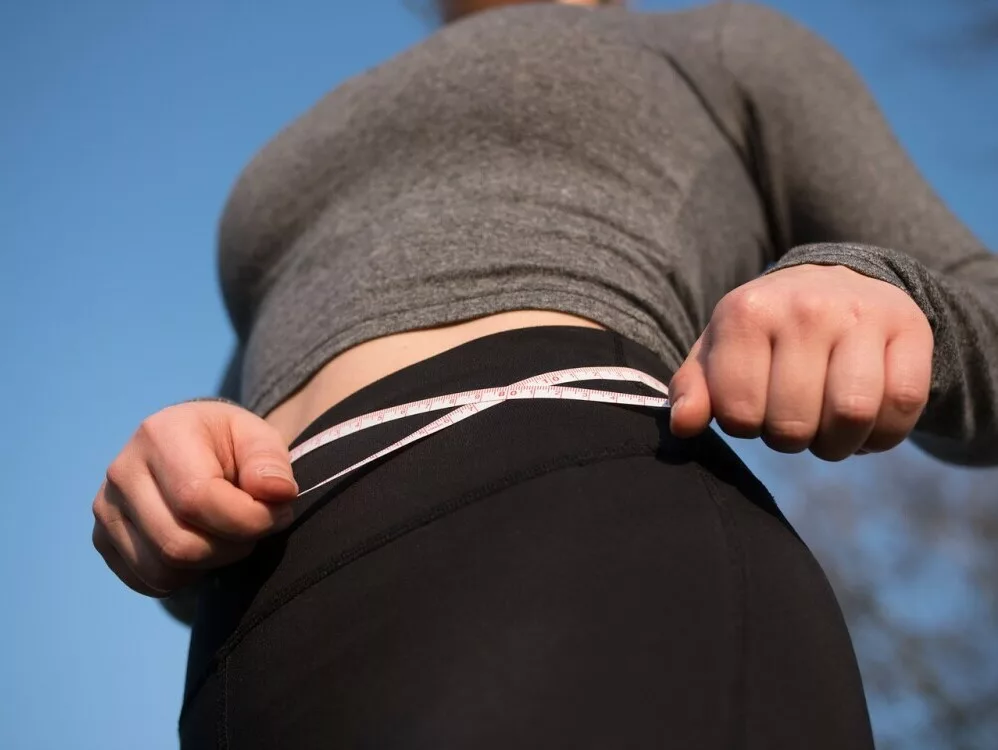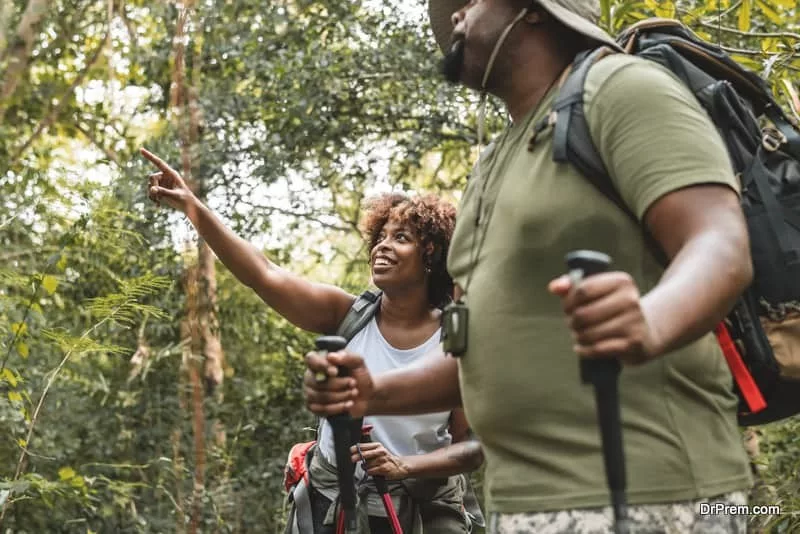Truths and Motivation of Hiking for Weight Loss

Thru-hiking, an adventure that spans thousands of miles over several months, is renowned for its rigorous physical demands. As hikers traverse challenging terrains, it’s not uncommon to hear remarks like, “You’re so skinny,” “I can feel your bones,” and “You look incredible!” While these comments may sound complimentary, they often mask the deeper, more complex issue of significant weight loss experienced on the trail. Burning upwards of 4,000 calories a day, many thru hikers find themselves in a precarious balance between peak physical condition and unhealthy weight loss.
Weight Loss on Trail

For some, weight loss serves as a primary motivation to embark on a thru-hike. The prospect of shedding pounds while engaging in a fulfilling outdoor adventure seems like an ideal combination for achieving health goals. However, the reality is that excessive weight loss and the resulting praise for a “trail body” can lead to damaging psychological effects. It’s essential to approach this journey with a mindset that prioritizes overall health and well-being rather than focusing solely on weight loss.
Causes of Weight Loss
The primary factors contributing to weight loss on the trail include:
- High Caloric Burn and Insufficient Nutrition: Thru hiking demands a tremendous amount of energy, often resulting in a daily caloric burn that far exceeds the intake from traditional hiker diets, which may lack the necessary nutrients to sustain such activity.
- Extreme Physical Demands: The combination of muscle and fat loss is inevitable during a 4-6 month thru-hike due to the continuous strain on the body, which can lead to a noticeable transformation in physical appearance.
Post-Hike Challenges
The challenges don’t end once the trail is conquered. Upon returning to everyday life, hikers face a new set of obstacles:
- Caloric Needs and Hiker Hunger: The body’s caloric needs decrease post-trail, but the persistent “hiker hunger” can make managing a balanced diet difficult, often leading to rapid weight gain.
- Dietary Adjustments: Breaking habits formed on the trail, such as consuming high-calorie, nutrient-dense foods, is challenging and can contribute to rapid fat storage.
Mental and Emotional Impact

The psychological effects of weight loss and unsolicited comments about one’s physical appearance can be profound. Registered Dietitian Marissa Kleinsmith emphasizes the importance of listening to hunger cues and respecting one’s body. While rapid weight loss might initially seem thrilling, it’s crucial to manage it with proper nutrition to maintain mental and emotional well-being.
The Role of Metabolism
One often overlooked aspect of post-hike challenges is the role of metabolism. During a thru-hike, the body’s metabolism ramps up significantly to meet the energy demands of continuous physical exertion. However, once the hike is over, the metabolism doesn’t immediately return to normal. This metabolic lag can make it difficult to adjust to a regular diet, leading to unintended weight gain if not carefully managed. Understanding and respecting this metabolic shift is crucial for maintaining long-term health post-hike.
Nutritional Education

Education about proper nutrition before, during, and after a thru-hike can make a significant difference in managing weight healthily. Thru-hikers should be equipped with knowledge about the types of foods that provide sustained energy and proper nutrients. This includes understanding the balance between carbohydrates, proteins, and fats, as well as the importance of vitamins and minerals. Workshops, guides, and consultations with nutritionists can provide hikers with the tools they need to make informed dietary choices.
Community and Support Networks
Building a support network with fellow thru hikers can also play a vital role in addressing the psychological and physical challenges associated with weight loss. Sharing experiences, challenges, and solutions can foster a sense of community and mutual support. Online forums, social media groups, and local hiking clubs can provide spaces for thru hikers to connect, share their journeys, and offer advice and encouragement. This community support can be invaluable in navigating the complex emotions and physical adjustments post-trail.
Strategies for Healthy Body Image
- Mindful Photography: Be aware of how photos might impact your self-perception.
- Supportive Conversations: Request that friends and family avoid making weight-related comments.
- Food Neutrality: Avoid labeling foods as “good” or “bad” to foster a healthier relationship with eating.
- Rest and Goals: Allow for rest periods and set small, achievable post-trail goals.
- Daily Gratitude: Practice gratitude for your body’s capabilities and strength.
- Enjoyable Activities: Engage in physical activities that you find enjoyable and fulfilling.
- Professional Help: Seek assistance from professionals if anxiety or concerns about weight gain impact your daily life.
Embarking on a thru-hike is a monumental journey that tests physical endurance and mental resilience. While weight loss is often a part of this experience, it’s vital to approach it with a balanced perspective that prioritizes overall health and well-being. By understanding the complex dynamics of weight loss on the trail and adopting strategies for maintaining a healthy body image, hikers can enjoy their adventure and emerge stronger, both physically and mentally.
** Here’s a little transparency. Our website contains affiliate links. This means if you click and purchase, we may receive a small commission. Don’t worry, there’s no extra cost to you. It is a simple way you can help support our mission to bring you quality content. **
(As an Amazon Associate, I earn from qualifying purchases)